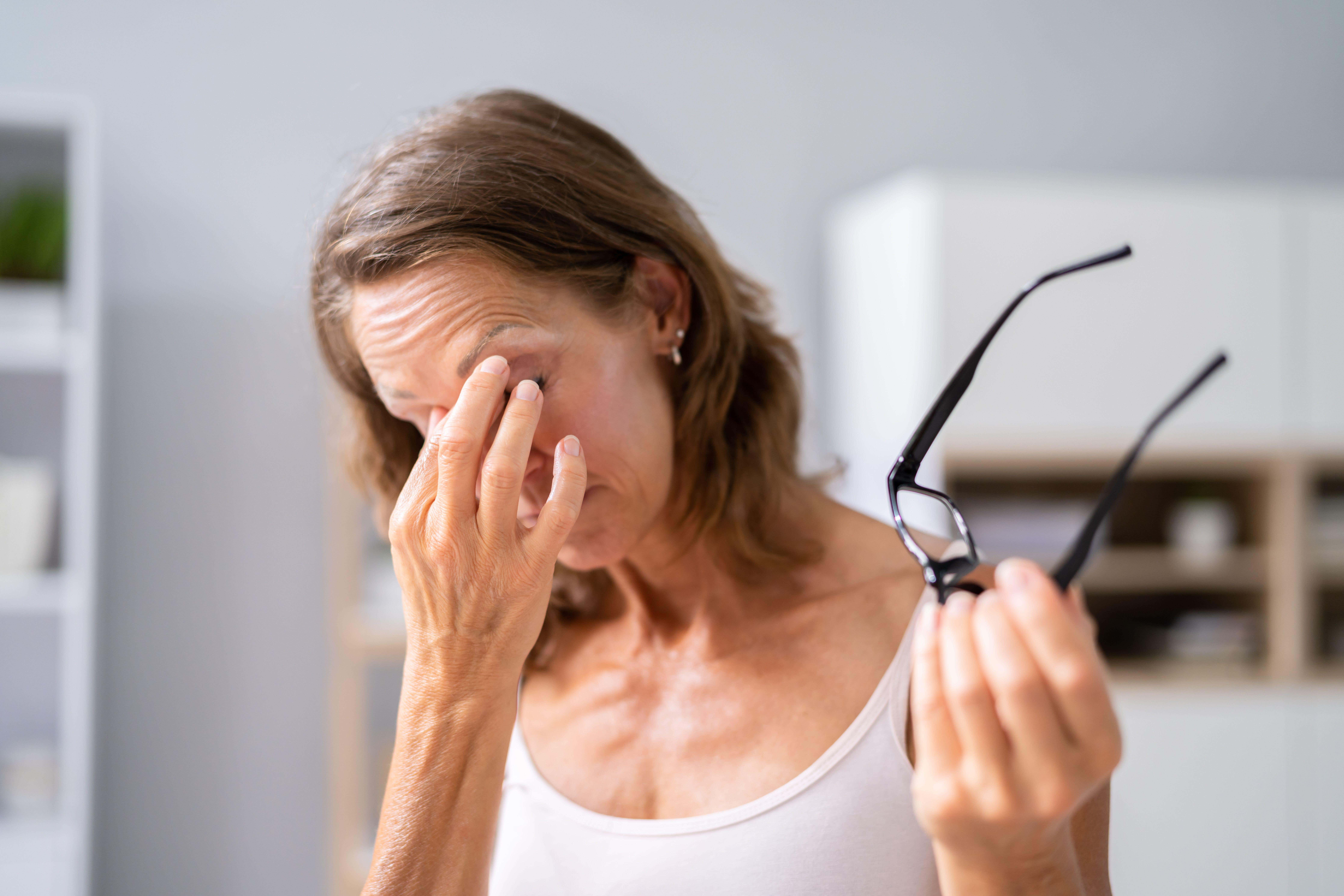Poor sleep linked to glaucoma in new study
Researches said that people who are thought to be high risk of the eye condition should be offered sleep interventions.

Your support helps us to tell the story
From reproductive rights to climate change to Big Tech, The Independent is on the ground when the story is developing. Whether it's investigating the financials of Elon Musk's pro-Trump PAC or producing our latest documentary, 'The A Word', which shines a light on the American women fighting for reproductive rights, we know how important it is to parse out the facts from the messaging.
At such a critical moment in US history, we need reporters on the ground. Your donation allows us to keep sending journalists to speak to both sides of the story.
The Independent is trusted by Americans across the entire political spectrum. And unlike many other quality news outlets, we choose not to lock Americans out of our reporting and analysis with paywalls. We believe quality journalism should be available to everyone, paid for by those who can afford it.
Your support makes all the difference.People who suffer from poor sleep may be more prone to getting a common eye condition later in life.
Snoring, daytime sleepiness and insomnia, as well as sleeping for too little or too much of the night, have been linked to a higher risk of glaucoma in a large new study.
Glaucoma is a common eye condition where the optic nerve, which connects the eye to the brain, becomes damaged.
The condition can lead to loss of vision if it’s not diagnosed and treated early enough.
These findings underscore the need for sleep intervention for individuals at high risk of glaucoma as well as potential ophthalmologic screening among individuals with chronic sleep problems
While it can affect people of any age, it is more common among people in their 70s and 80s.
Researchers said that people who have been identified as high risk of getting glaucoma should be offered “sleep interventions” and people who report poor sleep problems should undergo eye screening.
The research, published in the journal BMJ Open, examined data on more than 400,000 people who are taking part in the UK Biobank study.
People aged 40 to 69 were recruited to the study between 2006 and 2010 and were followed up until March 2021 to see whether or not they went on to have a diagnosis of glaucoma.
Information about their sleep habits was collected when they joined the study.
During an average follow-up period of almost 11 years, 8,690 cases of glaucoma were identified.
The international team of academics, led by researchers from Beijing in China, found that compared with those who had a healthy sleep pattern, snoring and daytime sleepiness carried an 11% increased risk of glaucoma.
Meanwhile insomnia and short or long sleep duration was linked to a 13% increased risk.
The authors wrote: “Snoring, daytime sleepiness, insomnia, and short/long duration, individually or jointly, were all associated with the risk of glaucoma.
“These findings underscore the need for sleep intervention for individuals at high risk of glaucoma as well as potential ophthalmologic screening among individuals with chronic sleep problems for glaucoma prevention.”